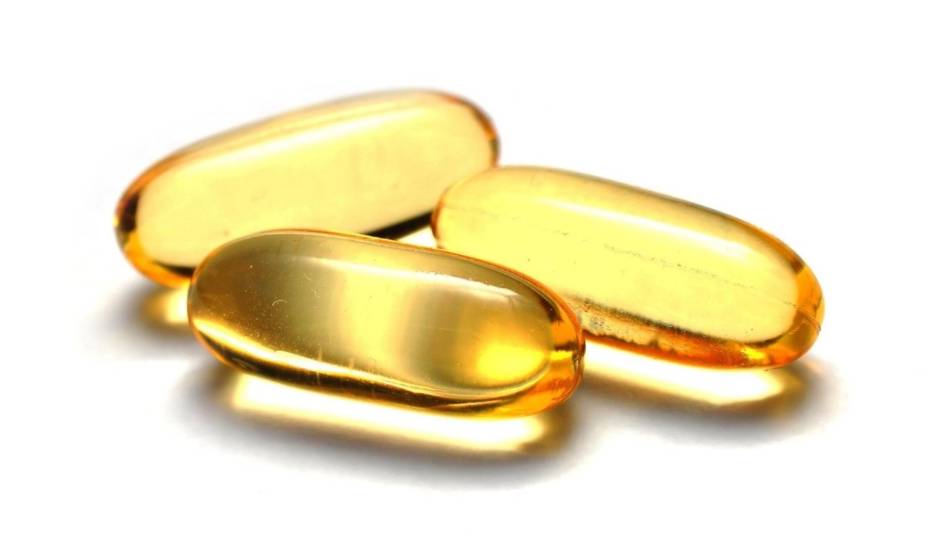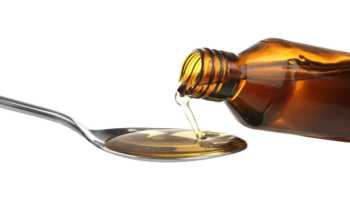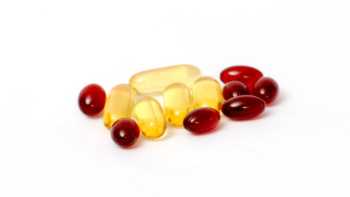Our Members Asked:
The suggested daily serving for my fish oil supplement, three 1,000 mg softgels, seems like a lot. Do I really need to take this much?

Answer:
First, it is very good that you are questioning the suggested dose on your supplement. Unlike OTC and prescription drugs, recommendations on supplements are not set or approved by the FDA and often vary widely from product to product, even among those which have the same ingredients. Supplements are actually classified as a food and not a drug. This is also why supplement labels don't refer to a "dose" but to a "serving size."
If you are taking fish oil for general cardiovascular health (as opposed to treatment for elevated triglycerides, for example), or because you think you might not be getting enough omega-3s from your diet, a single 1,000 mg softgel (providing about 300 mg EPA and 200 DHA) should be sufficient. This amount of EPA and DHA is roughly equivalent to the amount of omega-3s obtained from two servings of fish per week, as suggested by the American Heart Association. In fact, health agencies in some countries suggest that even half that amount may be adequate.
If you are taking fish oil for a specific health concern, a higher dose may be beneficial. Specific amounts for purposes such as the treatment of high triglycerides, improving mood, reducing anxiety, and even maintaining weight during chemotherapy, are listed in the ConsumerTips section of the Fish and Marine Oil Supplements Review. Be aware that there are safety concerns with high doses of fish oil, particularly a risk of bleeding and immune suppression (see the Concerns and Cautions section of the Review). The Review includes our tests and comparisons of dozens of fish oil supplements.
Join today to unlock all member benefits including full access to all CL Answers and over 1,400 reviews.
Join NowAlready a member? Sign In Here.
Join now at www.consumerlab.com/join/













Submit your comment
This feature is restricted to active members.
Join now to add comments and get all member benefits, including over 1,400 reviews.
Join NowAlready a member? Sign in here.